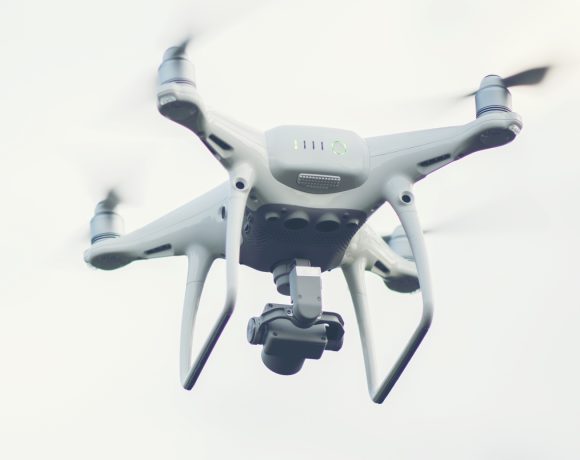
Celebi Shares Crash 10% After India Revokes Clearance
Shares of Turkish aviation services provider Çelebi Hava Servisi AS dropped sharply by 10% on the Istanbul Stock Exchange on May 16, 2025, following the Indian government’s decision to revoke the security clearance of its Indian subsidiary. The move sent shockwaves through Turkish financial markets, with investor sentiment taking a major hit amid fears of long-term operational and reputational damage.
India’s Bureau of Civil Aviation Security (BCAS) cited national security concerns as the reason for the revocation, triggering a domino effect on Celebi’s global valuation.
India-Turkey Tensions Behind the Action
The revocation comes against the backdrop of escalating tensions between India and Turkey, particularly after Turkey’s open backing of Pakistan during Operation Sindoor. Turkish-origin drones and equipment used by Pakistan-based terror groups in recent attacks have prompted India to reassess foreign participation in security-sensitive infrastructure.
The decision aligns with India’s broader post-Operation Sindoor strategy to safeguard national interests and scrutinize foreign players, especially those with suspected geopolitical alignments.
Major Blow to Celebi’s India Operations
The security clearance withdrawal has immediately impacted Celebi’s business in India, where it has operated since 2008. The company was providing ground handling and cargo services at nine major Indian airports including Delhi, Mumbai, Bengaluru, and Ahmedabad.
Airports operated by Adani Group and other private players have swiftly moved to terminate contracts with Celebi and onboard new service providers. The company has also been asked to transfer operations and assets to ensure there is no disruption in day-to-day airport functioning.
Celebi Denies Political Affiliation, Clarifies Ownership
In response to the growing controversy, Celebi Aviation India reiterated that it has no political links with the Turkish government or its leadership. It emphasized that its operations in India are led by Indian professionals and that 65% of its equity is owned by international institutional investors from countries such as Canada, the US, UK, Singapore, and the UAE.
The company claimed that it follows global corporate governance standards and urged stakeholders to not be swayed by “misinformation and politically motivated narratives.”
Diplomatic Fallout and Global Business Risks
The sharp decline in Celebi’s stock has highlighted the increasing vulnerability of multinational firms operating in politically sensitive environments. For Turkey, the backlash could have broader economic implications, especially as Indian firms begin reconsidering commercial relationships.
This episode underscores how quickly diplomatic strains can translate into financial penalties, reputational damage, and investor panic—particularly when national security is invoked. As India asserts its sovereignty in aviation security, the Celebi case may serve as a warning to other foreign firms navigating geopolitical fault lines.


















